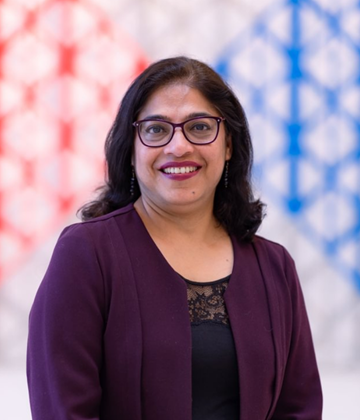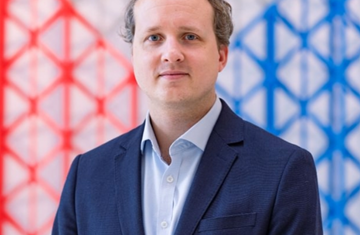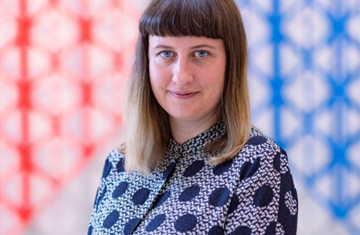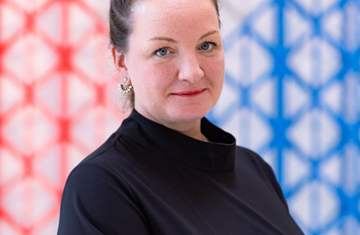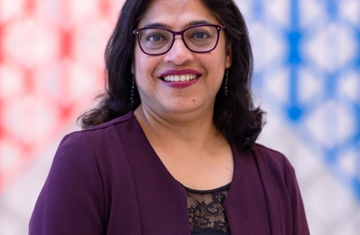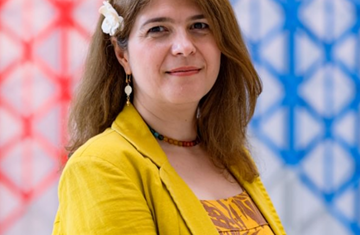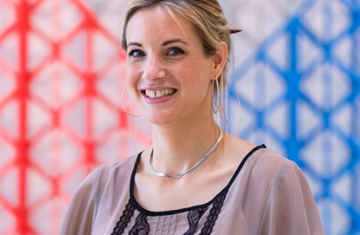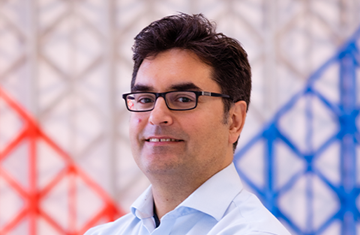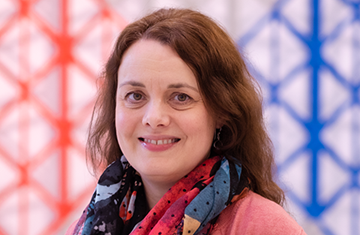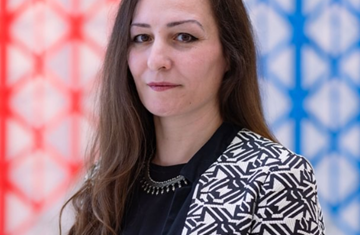Dr Laila Halani
Dr Laila Halani has oversight of all the functions of the Department. She oversees all academic aspects of both the GPISH and STEP programmes which include: planning the curriculum; the selection of course modules, lecturers and students; and academic guidance and support of students. Dr Halani further has strategic input in all other aspects of the programme, providing guidance and direction to Student Services with regards to marketing, recruitment, career seminars and graduation.
Dr. Halani has previously served as the Course Director for the Graduate Programme in Islamic Studies and Humanities (GPSIH) and the Secondary Teacher Education Programme (STEP). Prior to these roles, she was a Research Fellow at the University of Edinburgh. Dr. Halani is well versed with the HE sector in UK as she is also a reviewer for the Quality Assurance Agency (QAA).
Laila was a member of the second class of the Institute's current Graduate Programme in Islamic Studies and Humanities and went on to complete an MPhil in Social and Cultural Anthropology at the University of Oxford in 1999. Dr. Halani was awarded a D. Phil in Social and Cultural Anthropology at The University of Oxford in 2005. Her doctoral research aims to understand, through anthropological tools, the space occupied by Muslim women in Gujarat (India) in the ideologies and practices of two competing modern social movements and religious movements (variously termed as revivalist, pietistic, Islamist, and fundamentalist) and development initiatives operating from a paradigm of global certain knowledge to create their own category of 'woman'.
Her research interests include contemporary Islamic movements, gender and representation in Muslim societies and Ismailis in contemporary times. She lectures on both GPISH and STEP on areas related to her research interests. Over the years, she has also undertaken a number of anthropological field research and surveys on behalf of a wide range of institutions, including the Aga Khan Foundation and the IIS.
She has presented academic papers at seminars held at The Sorbonne University, The University of Edinburgh, The London School of Economics, Queen Elizabeth House, Oxford University, The School of Oriental and African Studies, Sussex University and the University of Toronto.

